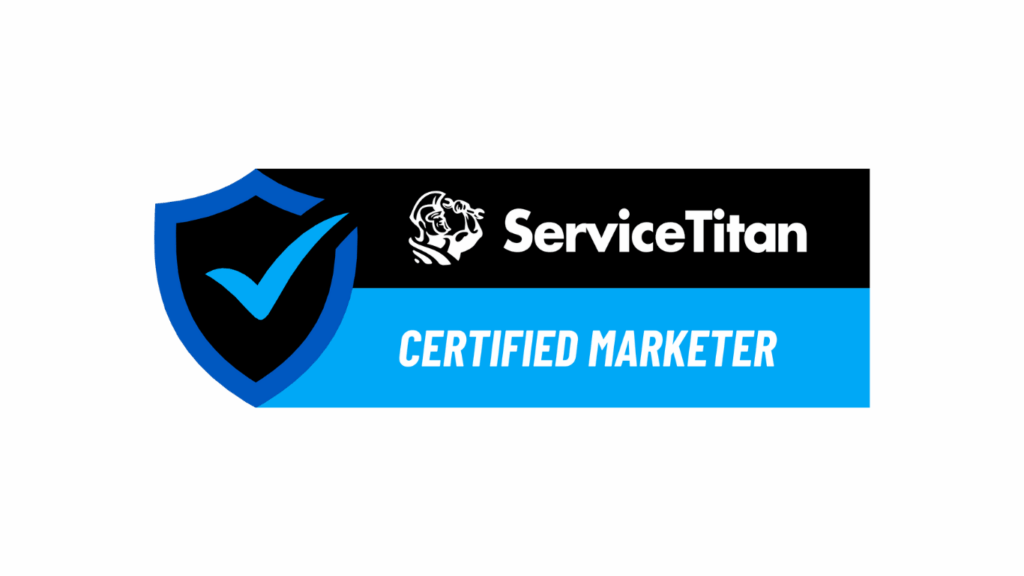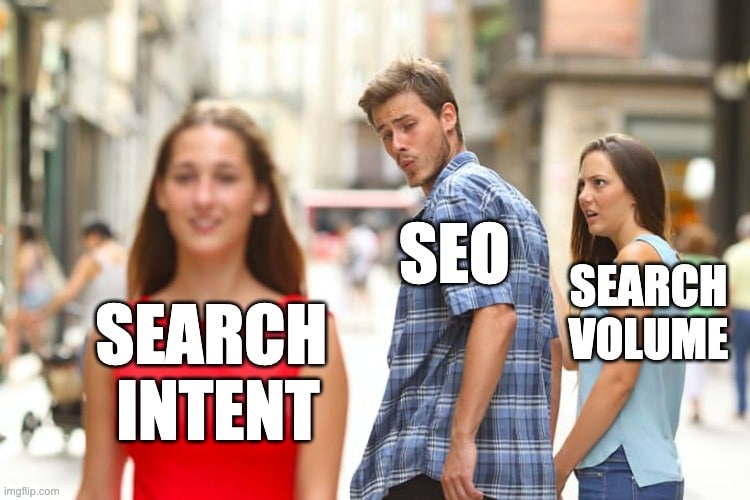Voice search is changing how people find information online. With millions using smart assistants like Siri, Alexa, and Google Assistant daily, businesses that ignore voice search SEO risk losing visibility and customers. Unlike traditional searches, voice queries are more conversational, mobile-driven, and often local.
Optimizing for voice search ensures you stay ahead of competitors, capture high-intent users, and improve search rankings. From using natural language keywords to enhancing mobile performance, mastering voice search strategies can make all the difference in how easily people find and engage with your business.
What is Voice Search SEO?
Voice search SEO is the practice of optimizing your content so it ranks higher in voice search results. Unlike traditional searches, voice queries are longer, more conversational, and often local.
How Does Voice Search Work?
Voice assistants rely on natural language processing (NLP) and AI search optimization to interpret spoken queries. They analyze the user’s intent, pull data from Google’s Featured Snippets, business listings, and structured content, and deliver a direct response—often reading the top answer aloud.
Impact on Businesses
Voice search is changing how people look for information, especially for local businesses. More than 58% of consumers use voice search to find nearby services. If your website isn’t optimized for voice, you’re missing out on customers who are ready to buy.
Traditional keyword strategies don’t work the same way in voice search. People speak naturally, so your content needs to match how they talk, not how they type. Businesses that adapt will capture a growing segment of users, rank higher in search results, and stay ahead of competitors.
Ranking for Voice Queries: Practical and Effective Tips
If you want to rank for voice searches, you need to optimize your content for natural speech patterns and local intent. Here’s how:
Optimize for Natural Language & Conversational Keywords
People don’t say, “best plumber Los Angeles.” They ask, “Who’s the best plumber near me?” Your content should reflect this shift.
- Use long-tail, question-based phrases
- Incorporate words like who, what, where, when, why, and how
- Avoid robotic phrases—write how people speak
Helpful tools:
- Google’s People Also Ask
- AnswerThePublic
- Google Trends
Focus on Mobile SEO
70% of voice searches happen on mobile. If your site isn’t mobile-friendly, you’re losing customers.
Optimize for mobile by:
- Ensure responsive design
- Improve page speed (Google prioritizes fast-loading sites)
- Use Google’s Mobile-Friendly Test to check your site’s performance
Create FAQ Pages Targeting Voice Queries
Google loves FAQ pages because they provide quick, direct answers—perfect for voice search.
- Answer common industry-related questions
- Keep responses 40-50 words long so assistants can read them aloud
- Use a Q&A format
Optimize for Google’s Featured Snippets
Voice assistants pull answers directly from Featured Snippets.
- Use structured data (Schema Markup)
- Format answers in paragraphs, bullet points, or lists
- Keep answers short and clear
Leverage Local SEO & “Near Me” Searches
75% of smart speaker users search for local businesses weekly. If you’re a local business, optimizing for voice search is a must.
- Claim and optimize your Google Business Profile (GBP)
- Use local keywords (e.g., “best pizza shop in New York”)
- Make sure your business name, address, and phone number (NAP) are consistent everywhere
Implement Schema Markup (Structured Data)
Schema Markup helps search engines understand your content better, improving rankings.
- Use LocalBusiness, FAQ, and Speakable schema
- Add your NAP details for better visibility
Improve Website Loading Speed
Google favors fast-loading sites. If your site is slow, it won’t rank well—especially for voice search.
- Compress images
- Enable caching
- Use a Content Delivery Network (CDN)
- Test your speed with Google PageSpeed Insights
Optimize for AI & Voice Search Algorithms
Google’s BERT and RankBrain AI algorithms analyze voice queries differently than text-based searches.
- Write in a conversational tone
- Focus on user intent instead of just keywords
- Use structured, easy-to-read content
Enhance User Experience (UX) & Accessibility
If your site is confusing or hard to navigate, users will leave.
- Make navigation simple
- Ensure text is easy to read
- Add clear CTAs
- Consider voice-enabled search on your website
Monitor and Tailor SEO Strategies
SEO isn’t a one-and-done deal. To stay ahead, track your performance and adjust accordingly.
- Use Google Search Console & Google Analytics
- Track voice search traffic
- Stay updated with new SEO trends & algorithm changes
Top Voice Search Trends to Look For
Voice search is growing fast, and businesses that adapt now will have a serious edge over competitors. 28% of U.S. consumers use voice assistants daily, and 58% rely on voice search to find local businesses. Google voice searches are also three times more likely to be local, which means if you’re not optimizing for voice queries, you’re losing customers to those who are.
Smart Speakers & Virtual Assistants
Voice search isn’t just for phones anymore. 75% of households are expected to own smart speaker devices by 2025. That means more people will be searching hands-free, whether it’s to find a nearby restaurant, book an appointment, or shop online. Businesses that optimize for Alexa, Google Home, and Siri will be in a prime position to capture these customers.
AI Search Optimization
AI now personalizes search results based on past user behavior. To rank higher:
- Focus on relevant, high-quality content
- Optimize for intent-based searches
Voice Search in E-Commerce
Voice commerce is projected to hit $164 billion by 2026. Retailers must:
- Optimize product descriptions for voice search
- Use structured data for shopping-related queries
Hyper-Local Voice Search Optimization
Geo-targeting & hyper-local keywords are crucial. To win at local voice search, businesses must:
- Optimize Google My Business & Apple Maps listings
- Use city-specific keywords
Multi-Modal Search (Voice + Visual)
Voice assistants now integrate with visual search.
- Google Lens + Assistant → Users search by voice & image
- Businesses must optimize for both voice & visual search
The Rise of Voice Transactions
Consumers are booking appointments, making payments, and purchasing products through voice search.
- Implement secure voice-payment options for customers.
- Offer voice-enabled booking systems for services.
- Ensure your business information is accessible through smart assistants.
Voice search isn’t just about keywords—it’s about AI, NLP, and local SEO working together. If you want to stay competitive, you need a strategy that adapts to these trends. Consulting with SEO professionals can help you make the right adjustments before your competitors do.
LMH Agency: Your Local Voice Search SEO Experts
At LMH Agency, we help businesses stay ahead of the voice search curve. Our team specializes in AI-driven search optimization, crafting voice-friendly content that ranks higher and converts more customers.
Services we offer:
- Voice Search Optimization – AI-powered strategies that help you rank for voice queries
- Local SEO – Get found in “near me” searches and local voice searches
- AI-Enhanced SEO – Leverage NLP, schema markup, and AI-driven tools
- Mobile-First SEO – Make sure your site loads fast and performs well on mobile
Want to boost your rankings and get more voice search SEO traffic? Contact us today for a free consultation and a tailored digital marketing strategy.
















